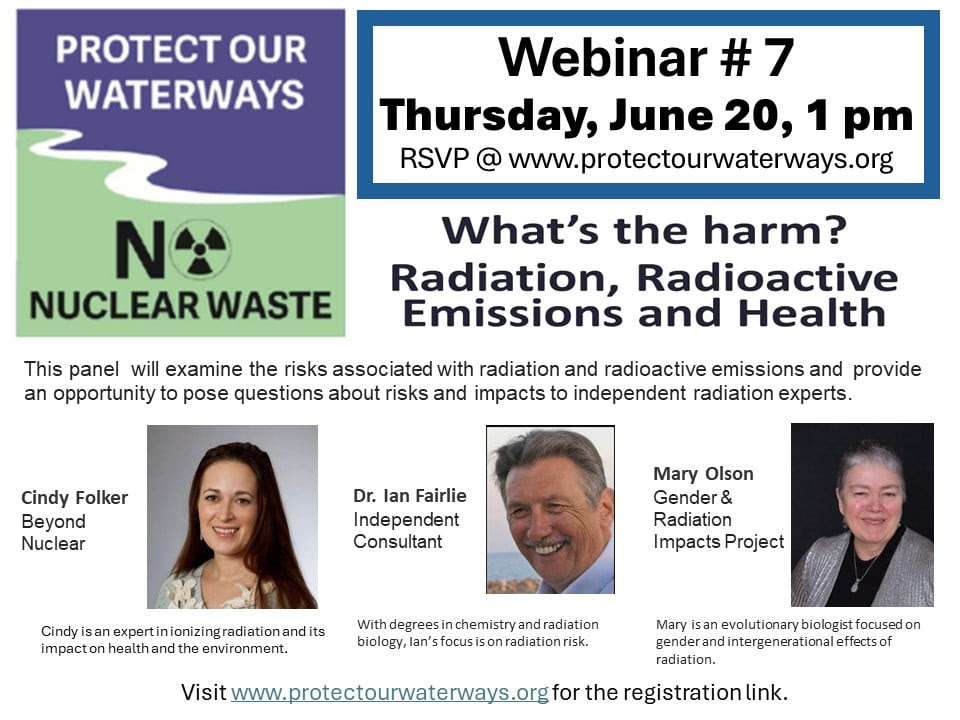Taiwan ELECTION 2024/Presidential aspirants agree on renewables, diverge on nuclear energy
Focus Taiwan, 11/12/2023 , By Alison Hsiao, CNA staff reporter
Taiwan’s four presidential candidates have all proposed policies on Taiwan’s energy future, but with different levels of clarity.
Among them, there is broad agreement on the importance of renewable energy in Taiwan’s energy mix in the future. Three of the four have proposed generating increasingly larger chunks of renewable energy over time, though they are vague on the details.
At the same time, however, there is considerable disagreement on whether Taiwan should continue to use nuclear power and in what form………………………………………………………………………………………………………………………….
Nuclear power debate
That nuclear power has been at the center of the energy policy debate is disconcerting when parties of all stripes agree on a green future, Tsui contended.
That might be the case, however, because nuclear power is the area in which opposition candidates strike a distinctly different tone from the incumbent DPP.
Lai has followed the policy line of the DPP and Tsai in saying that the Jinshan (No. 1) Nuclear Power Plant, the Kuosheng (No. 2) Nuclear Power Plant, and the Ma-anshang (No. 3) Nuclear Power Plant would be decommissioned in accordance with the law should he be elected.
The Nuclear Reactor Facilities Regulation Act and other nuclear licensing laws stipulate that operating licenses for nuclear reactors are valid for no more than 40 years at the longest, but their lifetimes can be extended if an application to renew the license is filed by the licensee five to 15 years before the license expires.
The No. 1 and No. 2 nuclear plants began their decommissioning processes (to span 25 years) in 2018 and 2021, respectively.
The No. 3 plant, which started operations in 1984, will enter into the decommissioning process starting next year, based on existing regulations.
Lai said the Longmen (No. 4) Nuclear Power Plant, which was mothballed in 2014 amid anti-nuclear protests after nearing completion, will not be operated as a referendum on its operation in 2021 did not pass.
Under Taiwan’s Referendum Act, an issue can be resubmitted for another referendum two years after an initial referendum on that same issue is held………………………………………………………………………………….
The candidates could all find efforts to build up Taiwan’s nuclear program complicated by legal and practical barriers, even if Lai argued that nuclear power could be available in the future as an emergency source of power……………………………………
Greenpeace has argued that increasing the use of nuclear energy by 2030 would be “scientifically and legally” unviable.
Legally, Chen said, the period of time nuclear power plants can be operated are regulated by existing laws, and extending their life spans requires applications five to 15 years before their legal periods of operation expire.
Scientifically, he said, work to complete nuclear power projects that had been suspended has averaged about 118 months around the world, according to a study by Greenpeace. Applied to this scenario, the No. 4 plant would not start operations until 2034………………
more https://focustaiwan.tw/politics/202311120006
  | |||
 | |||
No comments yet.
-
Archives
- June 2024 (181)
- May 2024 (373)
- April 2024 (366)
- March 2024 (335)
- February 2024 (345)
- January 2024 (374)
- December 2023 (333)
- November 2023 (342)
- October 2023 (366)
- September 2023 (353)
- August 2023 (356)
- July 2023 (362)
-
Categories
- 1
- 1 NUCLEAR ISSUES
- business and costs
- climate change
- culture and arts
- ENERGY
- environment
- health
- history
- indigenous issues
- Legal
- marketing of nuclear
- media
- opposition to nuclear
- PERSONAL STORIES
- politics
- politics international
- Religion and ethics
- safety
- secrets,lies and civil liberties
- spinbuster
- technology
- Uranium
- wastes
- weapons and war
- Women
- 2 WORLD
- ACTION
- AFRICA
- Atrocities
- AUSTRALIA
- Christina's notes
- Christina's themes
- culture and arts
- Fuk 2022
- Fuk 2023
- Fukushima 2017
- Fukushima 2018
- fukushima 2019
- Fukushima 2020
- Fukushima 2021
- general
- global warming
- Humour (God we need it)
- Nuclear
- RARE EARTHS
- Reference
- resources – print
- Resources -audiovicual
- World
- World Nuclear
- YouTube
-
RSS
Entries RSS
Comments RSS


Leave a comment